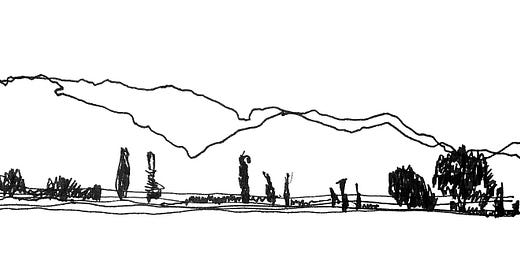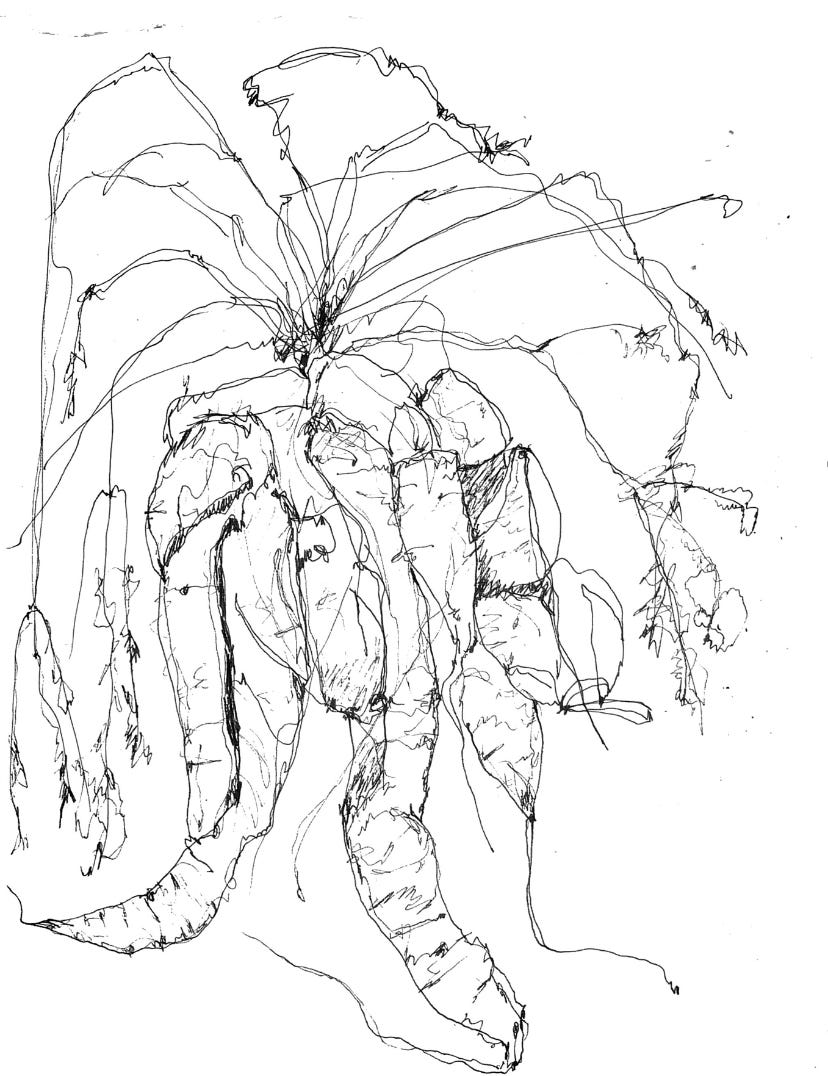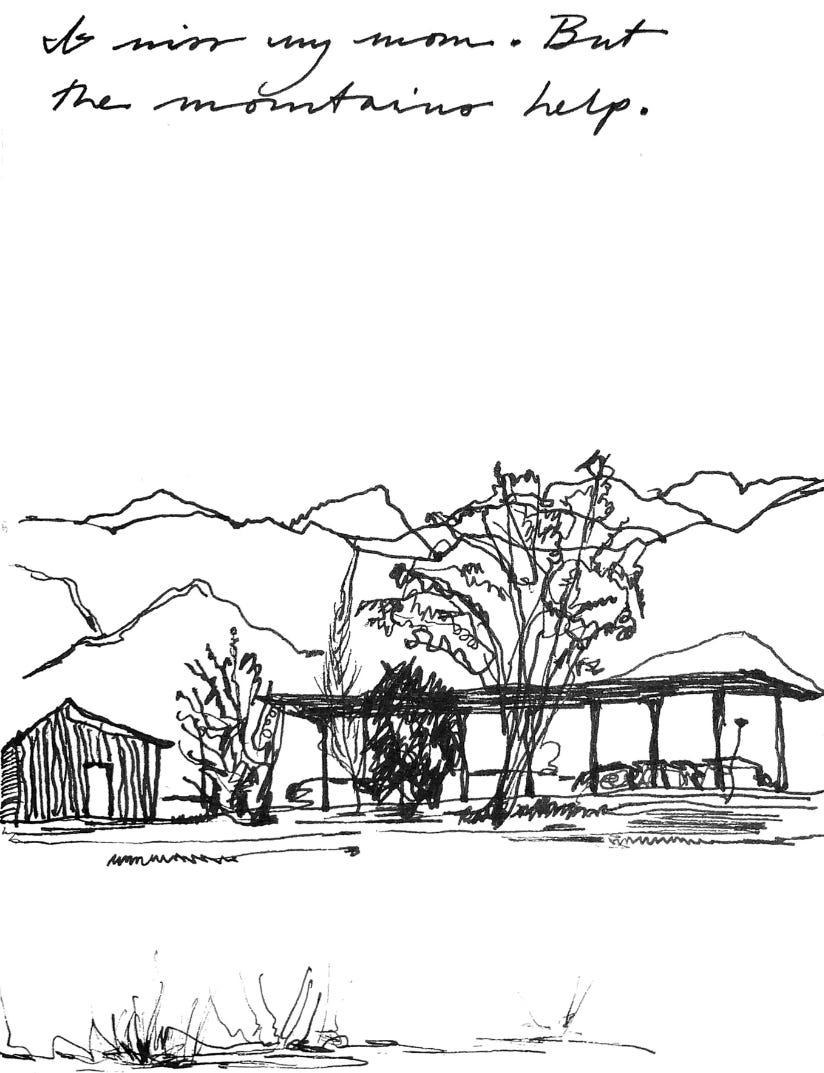Last night I listened to a meditation by Henry Shukman on the Waking Up app. After he delightfully urged us to loosen our tongues—“quite a busy and complex muscle, the tongue”—he talked about a principle that recognizes potential hindrances to meditation, in particular “wanting.” If we are aware of it, he says, we can actually use this desire in our meditation.
This week was probably the week in my life when I needed meditation the most. But it was only yesterday that I sat down and did a formal exercise. The rest of the time I was just improvising—when I felt the need to change how I was thinking about what I was doing, I did. Right there in the present moment.
The desire to be home again is so strong in me that I feel it like a pressure in my chest. (Just like Shukman said I would.) The meditation on wanting isn’t about convincing myself I don’t want to be home with my family, somehow tricking the heart with the brain.
“We are not going to be interested in the contents or objects of wanting, but in the experience itself—the felt body experience of having wanting, wishing, craving, desiring be present.” In other words, I’m not going to eliminate my wanting with logic or rhetoric. I’m just going to feel that tightness and allow it to loosen and dissolve. “Note what it’s like to be releasing all aspirations and wishes in this space we’re giving ourselves in our day—a space of stillness and quiet and being,” he says. “Let it be a relief.”
Maybe meditation is about letting the tongue lie limp for a few minutes each day. Not talking or thinking particular thoughts comes as a physical relief.








